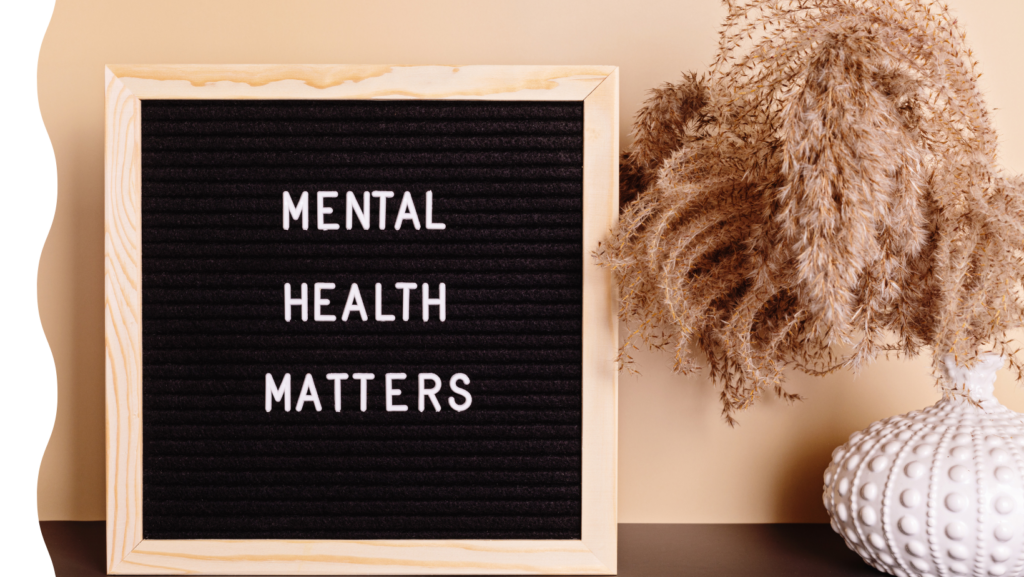
Setting Healthy Boundaries for Long Term Love
Setting healthy boundaries can deepen the connection within your relationship and help protect your emotional energy. Boundaries are set in place to communicate to others how we feel. They prevent us from feeling resentful and over communicating. Boundaries are the standards we set about are availability, our energy, and our expectations.
Establishing boundaries enable us to be transparent with our significant other about how we feel so we can have a lasting and deeper connection. These rules don’t necessarily have to be hard and aggressive, as to push someone away. It’s more so of an invitation so your partner can learn more about your needs and you as a person.
Setting boundaries with your significant other can improve the strength of the relationship. It let them know how you take care of yourself and that you’re claiming responsibility for your emotions.
Advantages to setting healthy boundaries:
1. Takes care of mental health. You set your limits with your emotional energy when you set healthy boundaries. You take responsibility for your mental health and emotional energy when these boundaries are in place.

2. Both partners have a safe place to be vulnerable and transparent. Boundaries create a safe container for both parties to be honest. When you’re free to discuss emotional issues, it fosters love and girls trust at a faster rate.
3. Learn about yourself. Tuning into your own needs is a process in of itself when you’re learning where to place your boundaries. It gives us a chance to protect ourselves which in turn cares for our mental well-being as we remove resentment with the understanding of what we will and won’t allow.
Tips to set positive relationship boundaries:
1. Include your partner. When setting your boundaries let your partner know why this is happening. Check in with them to see how they feel about the boundaries you’ve put in place. Invite your partner in on the process so they too can set boundaries for themselves.

2. Discover what you need. Look at the areas of your relationship where you may feel anger, guilt, or resentment towards your partner. Ask yourself, what makes you feel uncomfortable and why? What values are important to you that you are not willing to give up? What are some things you will not tolerate moving forward be it the way you are spoking to and or treated?
3. Make the boundary about you and your needs. Focus on yourself when you state the boundary.
- In order to continue this conversation, I need us to turn it down a notch.
- I feel dismissed when my point of view isn’t taking into consideration. I need a space to feel understood and heard.
4. Begin with thank you. If you have a hard time setting boundaries start by thinking the other person for their perception of things.
- Thank you for inviting me to meet your friends, but I would like to spend some time at home this weekend.

Healthy versus Unhealthy Boundaries
As you and your partner are putting your boundaries into place, it’s important to note that setting a boundary with the intent of controlling your partner is not a healthy boundary. For example, if your partner says, “You can’t line dance with another person because I get jealous.” That is an attempt to maintain control over the other person as it reflects a lack of trust.
A healthy boundary is about what makes you feel most comfortable but doesn’t control the other person’s actions. Boundaries are set in place so both parties grow and thrive together and done so with respect and honor.

You and your significant other are two different people with separate expectations and needs even though you’re committing to grow together. The boundaries are there so both of you continue to respect one another, honor each other’s needs, and communicate in a transparent manner. The more you learn about one another the deeper the connection will be between you and your partner as time goes on.
Want to learn more about setting healthy boundaries for long term love? Click here to get more insight with our course True Love After the Infatuation Fades







